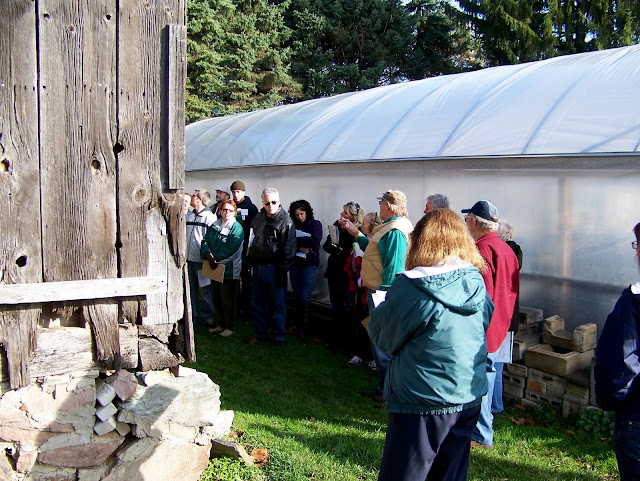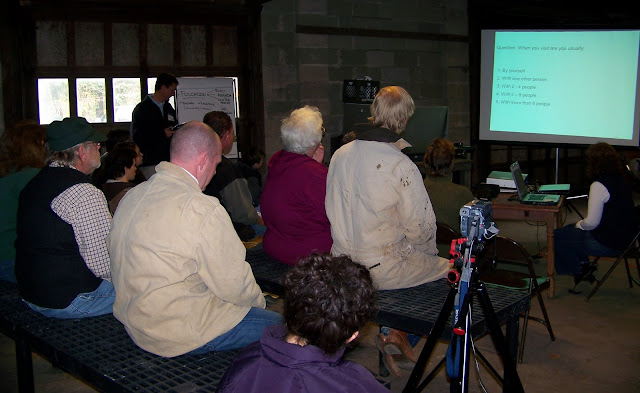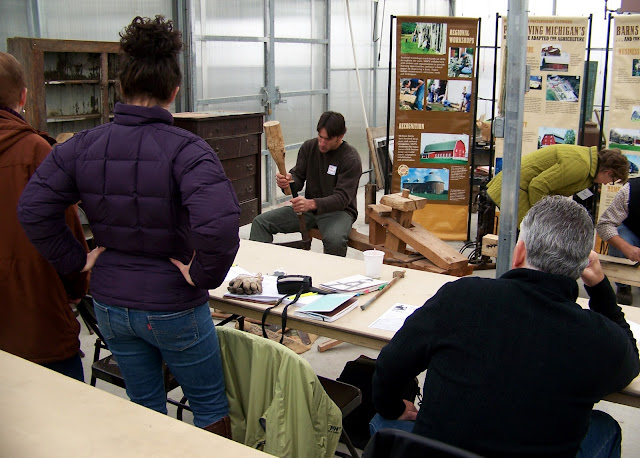Future Farmers Look Ahead
By MOTOKO RICH
INDIANAPOLIS — Gamaliel Rizzo grew up in a brownstone apartment in Brooklyn and is studying to become a doctor. Still, he spent his high school years learning how to raise chinchillas, goats and alpaca and growing radishes, sunflowers and cilantro. He even worked on a dairy farm in the summer, all as a member of the Future Farmers of America.
Although the nation has shifted ever further from its agrarian roots, the organization is thriving. Begun 83 years ago and now known simply as the F.F.A., it is the largest vocational student group in the country, with more than half a million members and still growing.
Although farm employment accounts for less than 1 percent of all jobs in the United States, the Agriculture Department says that one in 12 jobs is agriculture-related. And during the deep downturn and rocky recovery, these workers have actually fared better than most.
That gives the F.F.A. a calling card as an organization that actually prepares students for viable careers. About 70 percent of its members live in rural areas, and 19 percent live in small towns. The fastest growing segment, however, is in urban and suburban areas, now making up 10 percent of the membership.
“You would think that something called Future Farmers of America would have come to a screeching halt by at least the 1960s in most parts of the country,” said Pamela Riney-Kehrberg, a historian at Iowa State University. “What amazes me is the degree to which they have made themselves relevant when by all expectations they should have simply ceased to exist.”
The group has succeeded in part by expanding well beyond agricultural science while also broadening that field to include genetics, logistics, landscape gardening and alternative fuels.
Now, the group’s chapters aim to teach students leadership and job readiness as much as the finer points of cattle care or corn fertilization. Mr. Rizzo said that although he learned about farm life, he spent more time honing skills like public speaking and developing business budgets, which he believes will improve his job prospects someday.
“A lot of these sales tactics will help,” said Mr. Rizzo, 18, who graduated from the John Bowne High School in Queens last summer and is now a freshman at Rutgers.
“Medicine is more of a business,” he added. “And to get patients in this economy you have to understand the market and how it works.”
Last month, he joined about 45,000 teenagers clad in blue corduroy jackets with yellow stitching for the F.F.A.’s annual convention here. Between panel discussions like “Learning to Lead,” “Banking Tips for Students,” and “How Many Lawyers Does It Take?” they competed in events to identify cuts of meat and species of plants, along with contests of extemporaneous speaking and presenting business marketing plans.
At a time when many employers complain about the lack of basic communication and interpersonal skills among job candidates, the F.F.A. emphasizes work on group projects and old-fashioned presentations in essays and speeches at many of its events. Even in the purely agricultural contests like the judging of livestock, students defended their positions before the judges as if they were trial lawyers in court.
“The common misconception is that we are trying to teach our kids to be farmers and rooting, tooting cowboys,” said Greg Rystad, an agricultural teacher and F.F.A. faculty adviser from El Paso, Tex., who had stopped by the booth of the biotechnology firm Syngenta to observe a biochemist testing corn leaves for proteins that would repel worms. “We are training professionals, even if they are not in the agriculture field.”
In one of the large exhibit halls, representatives of Toyota, CSX and Carhartt, the maker of work wear, mingled at a career fair with those of more obvious agricultural services companies like John Deere and the animal health division of Pfizer, the pharmaceutical giant.
At times, the convention simply reflected typical teenage interests and concerns. A laser show and pounding rock music accompanied the opening ceremony, as well as a music video produced to the convention’s theme, “I Believe.” A speaker who described himself as a “farm boy from Kansas” warned against drugs, displaying the third- and fourth-degree burns he had incurred during a methamphetamine lab accident. And at the career fair, many students were more interested in playing video games, singing with karaoke machines, taking goofy photos and winning prizes than talking to recruiters.
Still, the organization is a bit of a throwback that stresses wholesome values. Most of the conventioneers were neatly groomed, shunning wild hairstyles or flashy jewelry, and there were frequent invocations of God and country.
Some of the business-oriented projects seemed a bit out of sync with the times. During the finals of the contest for best marketing plan, a team from Shoshoni, Wyo., described an advertising campaign for a small firm using direct mail and road signs, but made no mention of Facebook, Twitter or other social media. A judge pointedly asked why they had budgeted $1,200 just for radio time.
F.F.A. members must enroll in agricultural courses at school, but they do much of their work after school preparing for speaking and business competitions, or tending vegetable plots or animals. They also take apprenticeships on farms, in nurseries and at biotechnology firms. The group draws many students whose parents and grandparents were members, even if they are no longer on the farm. Kaylen Baker, a 17-year-old from Yukon, a suburb of Oklahoma City, said she joined F.F.A., as her father did, and likewise raised pigs. But she had come to the convention as a finalist in prepared public speaking, which she won with a speech on the virtues of miniature cows. She hopes to pursue a career in veterinary medicine.
Part of the group’s appeal may be that the expanded field of agriculture, which includes forestry and fishing, added jobs between 2008 and 2011, a period when total employment in the United States fell about 3.5 percent, according to the Labor Department.
“There is an unlimited future in agriculture,” said Tom Vilsack, the United States secretary of agriculture, citing the demand being created by a growing global population and changing diets in developing countries. Plenty of the children of farmers who have joined the group realize that farming itself may no longer support a family. Thor Pearson, who grew up on the cattle ranch started by his great-great-grandfather in Stanwood, Wash., said his father had turned it into a “hobby farm,” and now worked at a technology firm.
Mr. Pearson, 17, raised 50 head of cattle and competed at livestock judging and agricultural sales in F.F.A., but he said his career ambitions were elsewhere, perhaps in sales.
Whether a bit of denial or confidence was at work, Mr. Pearson said he was unworried about his economic prospects. “You can get pretty far with a good attitude and a good work ethic,” he said as he took a break to listen to a fellow member sing on a talent stage in the convention center atrium. “No matter what the economy is, that is still going to prevail."




































































